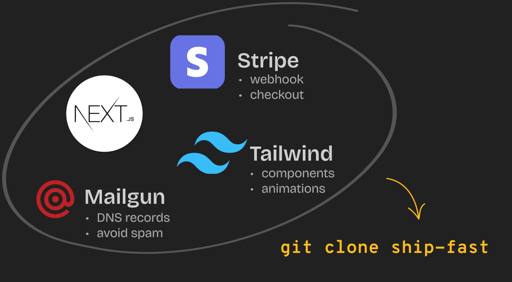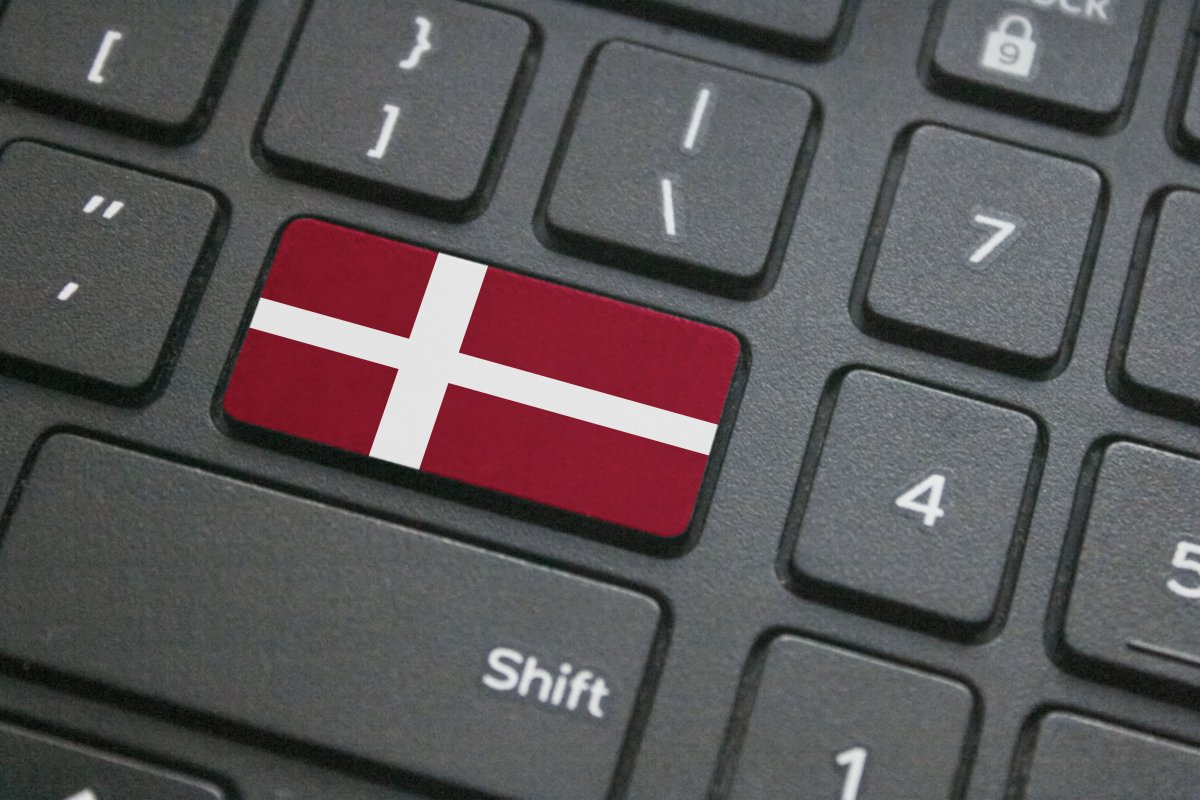Danish Ministry Replaces Windows and Microsoft Office with Linux and LibreOffice
-
Xlsx is actually an open standard, but only if you use strict mode, which Microsoft conveniently does not make the default option when saving. You have to choose it explicitly when saving.
It's only open in name.
-
Shouldn't be too bad. It'll take a while, but you grab an example you have now in word, tweak it until it works in libreoffice and you're done. The biggest issue I've had was constant transitions between the two. If you just move to one it's a rough start moving, but once you're there you just edit as always. Word isn't even that great at keeping it's own formatting, so it won't be anything new except for learning a new program. it might get difficult once you get to links and embedding, I haven't tried that in libreoffice so I can't speak to whether it's harder or not.
Beyond that, you should be pdf-ing any finalized documents anyway.
Word isn’t even that great at keeping it’s own formatting
To put it mildly.
-
Which is exactly what many have warned about for 20 years. The Microsoft lock-in is insane.
It's better to get out sooner rather than later.
But considering most of EU is planning similar transitions, I'd be surprised if they don't cooperate on making better import of MS formats in Libre Office.The Danish government is also planning to make guidelines to make a smooth transition easier. Which will be available for private companies too.
Something that may make it easier is that it's been law for more than a decade, that ALL documents from public services must be made in open standards.
-
Anyone know what Linux distro? I assume Ubuntu...
I don't think so, because Ubuntu is also controlled by a private company, and Ubuntu has issues with open source, making everything they do dual license, meaning they can choose to switch away from open source to proprietary on everything developed within the Ubuntu framework.
So choosing Ubuntu would be incredibly short sighted. Debian is a much stronger candidate. Or an in house distro based on Debian, until a common EU distro is ready, which is already planned.
-
Xlsx is actually an open standard, but only if you use strict mode, which Microsoft conveniently does not make the default option when saving. You have to choose it explicitly when saving.
I know this phrase gets trouted out a lot (possibly to the point of being fatiguing to hear), especially when it comes to MS, but this is a textbook case of their Embrace, Extend, Extinguish mantra.
Have an open standard (Embrace)... add a bunch of non-open components (Extend)... to fuck over compatibility with competitors and prevent them from gaining market share (Extinguish).
-
Anyone know what Linux distro? I assume Ubuntu...
Most likely one of the commercial ones that offer support and contractual guarantees of security patches, uptime, service, helpdesk support, etc.
So likely Ubuntu, SUSE, or RHEL.
Any of which would be a very welcome change and a benefit to the Linux community compared to using Windows.
-
I know this phrase gets trouted out a lot (possibly to the point of being fatiguing to hear), especially when it comes to MS, but this is a textbook case of their Embrace, Extend, Extinguish mantra.
Have an open standard (Embrace)... add a bunch of non-open components (Extend)... to fuck over compatibility with competitors and prevent them from gaining market share (Extinguish).
That's what I meant. Microsoft created the Office Open XML format as an open standard, but they don't follow their own standard and make their "extended" version of the standard as the default.
Other Office suites like Libre Office support this format via strict mode, which is not selected by default when you save these files using the Microsoft Office suite.
Technically even Google does this with Chrome: Open standard JS but they also use custom components, sites that use these components break on other browsers.
-
Full text due to weird cookies banner
The Danish Ministry of Digitization is to completely abandon Microsoft in the coming months and use Linux instead of Windows and switch from Office 365 to LibreOffice. Minister Caroline Stage (Moderaterne) announced this in an interview with the daily newspaper Politiken. It comes just a few days after the country's two largest municipalities initiated similar steps. This summer, half of the ministry's employees will be equipped with Linux and LibreOffice. If everything goes as expected, the entire ministry will be free of Microsoft by the fall, Politiken summarizes.
The Ministry of Digitalization's move away from Microsoft is therefore taking place against the backdrop of a new digitalization strategy in which the Kingdom's "digital sovereignty " is given priority. According to newspaper reports, the opposition is also calling for a reduction in dependence on US tech companies. Just a few days ago, the administration of the capital Copenhagen announced its intention to review the use of Microsoft software. The second-largest municipality, Aarhus, has already started to replace Microsoft services. Stage has now told Politiken that they should cooperate and that it is not a race. All municipalities should work together and strengthen open source.
When asked how her ministry would react if the changeover was not so easy, Stage replied that they would then simply return to the old system for a transitional period and seek other options: "We won't get any closer to the goal if we don't start." So far, she has only heard from employees who welcome the move. But in her ministry, which is mainly concerned with digitalization, she expects a lot of interest anyway. She also assured them that the initiative is not about Microsoft alone, as they are generally far too dependent on a few providers.
As background to the move, the article also refers to the events at the International Criminal Court, where an email account operated by Microsoft was disconnected. This caused an uproar across Europe. In Denmark, there is also the fact that the new US President Donald Trump has been announcing for weeks that his country wants to take over Greenland. The island in the North Atlantic is a self-governing part of Denmark, and the outrage at Trump's proposal is huge. The desire to reduce dependence on US companies is therefore evidently even greater there than in the rest of Europe.
Good move!
Yet at the same time they’re buying Palantir software for the police and turning DK into a surveillance state nightmare 🥲 -
Most likely one of the commercial ones that offer support and contractual guarantees of security patches, uptime, service, helpdesk support, etc.
So likely Ubuntu, SUSE, or RHEL.
Any of which would be a very welcome change and a benefit to the Linux community compared to using Windows.
Only SUSE is European, right? So either that or a lesser known one
-
Only SUSE is European, right? So either that or a lesser known one
Isn't Ubuntu a UK company?
-
15 years ago, maybe. But I haven't had any compatibility issues in many years.
-
Isn't Ubuntu a UK company?
Russia is European too

Sorry about the imprecision, I meant EU company -
More users will hopefully mean more people finding and reporting edge cases which will lead to better software. Open source is great because anyone can improve it and everyone has the changes if accepted by the developers.
-
Full text due to weird cookies banner
The Danish Ministry of Digitization is to completely abandon Microsoft in the coming months and use Linux instead of Windows and switch from Office 365 to LibreOffice. Minister Caroline Stage (Moderaterne) announced this in an interview with the daily newspaper Politiken. It comes just a few days after the country's two largest municipalities initiated similar steps. This summer, half of the ministry's employees will be equipped with Linux and LibreOffice. If everything goes as expected, the entire ministry will be free of Microsoft by the fall, Politiken summarizes.
The Ministry of Digitalization's move away from Microsoft is therefore taking place against the backdrop of a new digitalization strategy in which the Kingdom's "digital sovereignty " is given priority. According to newspaper reports, the opposition is also calling for a reduction in dependence on US tech companies. Just a few days ago, the administration of the capital Copenhagen announced its intention to review the use of Microsoft software. The second-largest municipality, Aarhus, has already started to replace Microsoft services. Stage has now told Politiken that they should cooperate and that it is not a race. All municipalities should work together and strengthen open source.
When asked how her ministry would react if the changeover was not so easy, Stage replied that they would then simply return to the old system for a transitional period and seek other options: "We won't get any closer to the goal if we don't start." So far, she has only heard from employees who welcome the move. But in her ministry, which is mainly concerned with digitalization, she expects a lot of interest anyway. She also assured them that the initiative is not about Microsoft alone, as they are generally far too dependent on a few providers.
As background to the move, the article also refers to the events at the International Criminal Court, where an email account operated by Microsoft was disconnected. This caused an uproar across Europe. In Denmark, there is also the fact that the new US President Donald Trump has been announcing for weeks that his country wants to take over Greenland. The island in the North Atlantic is a self-governing part of Denmark, and the outrage at Trump's proposal is huge. The desire to reduce dependence on US companies is therefore evidently even greater there than in the rest of Europe.
GOOD lets chance of spAIyware on there
-
 1
1
-
-
-
Amazon cuts hundreds of AWS cloud jobs after strategic review, says AI wasn’t the main factor
Technology 1
1
-
Windows 11 will soon be able to describe images on your screen using AI — and it'll all be done locally
Technology 1
1
-
Never run out of content again. Mojo Video generates unlimited original videos with a single click.
Technology 1
1
-
 1
1
-



